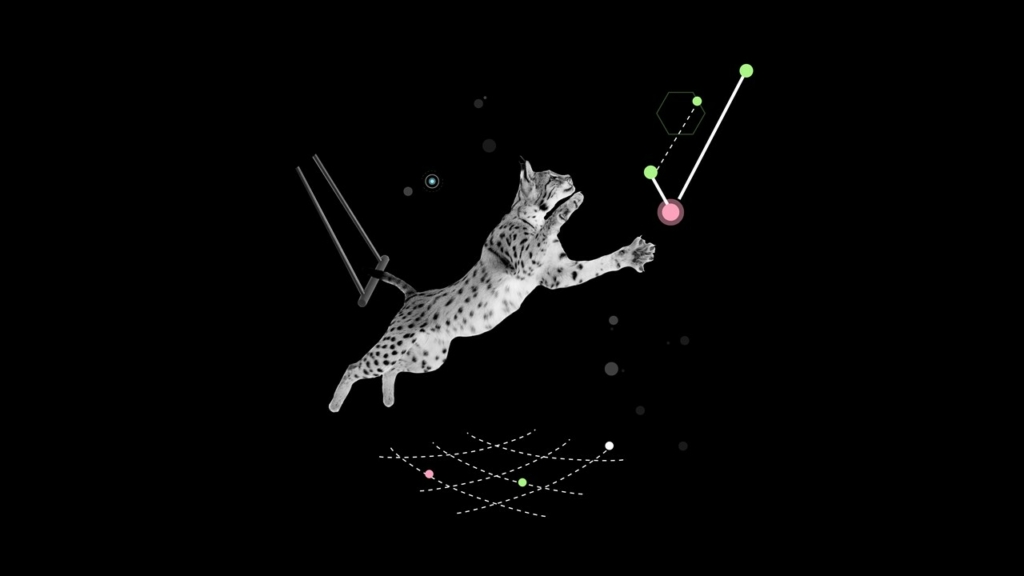In these exceptional circumstances, it is particularly important to understand phenomena that affect our future, to alleviate anxiety caused by uncertainty and to strengthen one’s own ability to impact the future. At the same time, the rapid transition to distance learning has presented teachers with the challenge of rapidly changing their teaching methods.
We have collected together nine free online courses, sets of materials and assignments that are all suitable for distance learning and that help students to anticipate future developments and understand different phenomena such as climate change, the circular economy, data use, lifelong learning and participation in democracy. Use and adapt these materials however you wish!
Future foresight
1. Looking for weak signals
- What? A weak signal is an indicator of a potentially arising issue, which may become significant in the future. Weak signals could include, for example, aeroponic potatoes, which are grown in the air, or 3D printing. Identifying and discussing these signals helps us to comprehend possible future developments. Take a look at the weak signal assignment. You can adapt the assignment and ask students, for example, to work in pairs over a video call connection.
- For whom? Students aged over 15. Suitable for any subject.
- Author: Sitra
2. Megatrends via distance teaching
- What? Using the work template and randomly selected megatrend cards, you can brainstorm and envision together with others what the future could look like and how megatrends will affect our daily lives. For example, the ageing and diversification of the population is one megatrend. Take a look at the megatrend assignment.
- For whom? Students aged over 15. Suitable for any subject.
- Author: Sitra
3. News of the Future
- What? The News of the Future exercise can be used to make the future more familiar and accessible by using news headlines. What will the newspapers be talking about in 2048? How has the coronavirus pandemic changed the world? Take a look at the News of the Future assignment.
- For whom? Students aged over 10. Suitable for any subject.
- Author: Sitra

Climate change and the circular economy
4. Business courses
- What? These online courses increase understanding of the circular economy, entrepreneurship, commercial competence and future working life skills. Take a look at the business courses.
- For whom? 16 to 19 year olds.
- Author: Economy and youth TAT (with Sitra funding)
5. Circular Classroom
- What? These videos, exercise books and homework tasks help everyone understand the circular economy and its significance in their daily lives. There is also a separate support module for teachers, which provides additional material for looking at the circular economy. Take a look at the Circular Classroom assignments.
- For whom? 13 to 19 year olds. For example, biology, chemistry, social studies, foreign language or philosophy classes.
- Authors: Walk, various secondary schools and upper secondary schools, and Aalto University.
6. Lifestyle test
- What? Does your lifestyle protect the environment or damage it? Through this quick test, you can get personalised tips on smarter everyday actions. Take a look at the lifestyle test.
- For whom? Students aged over 12. For some of the housing-related questions, the pupil may need help from a family member. Suitable for any subject in order to encourage thinking about climate change, the circular economy and one’s own ability to make a difference.
- Author: Sitra

7. Climate.now study module
- What? With the help of this study module, anyone can learn about the phenomenon of climate change and how we can combat it and adapt to it. The module includes written materials, video interviews and lectures, assignments, tests and a guide for teachers. Familiarise yourself with the Climate.now study module.
- For whom? Universities.
- Author: University of Helsinki, Metropolia and Lappeenranta University of Technology (with Sitra funding)
8. Circulareconomy.now study module
- What? With the help of this study module, students can learn what the circular economy is and how we can transition to a more sustainable economic system. The module includes written materials, video interviews and lectures, assignments, tests and a guide for teachers. Take a look at the Circulareconomy.now study module.
- For whom? Universities.
- Author: University of Helsinki, Lappeenranta University of Technology, University of Eastern Finland and Aalto University (with Sitra funding)
Data
9. Digital profile test
- What? Do you know how your data is collected through digital services? This test helps you understand your own digital behaviour and your opportunities for controlling the use of the data collected about you. At the end of the test, you’ll get your profile and tips on how to help you protect your privacy and better understand the laws of the digital world. Take a look at the digital profile test.
- For whom? Students aged over 16.
- Author: Sitra

All the best with the teaching! Remember to be considerate to yourself and others.



Recommended
Read next